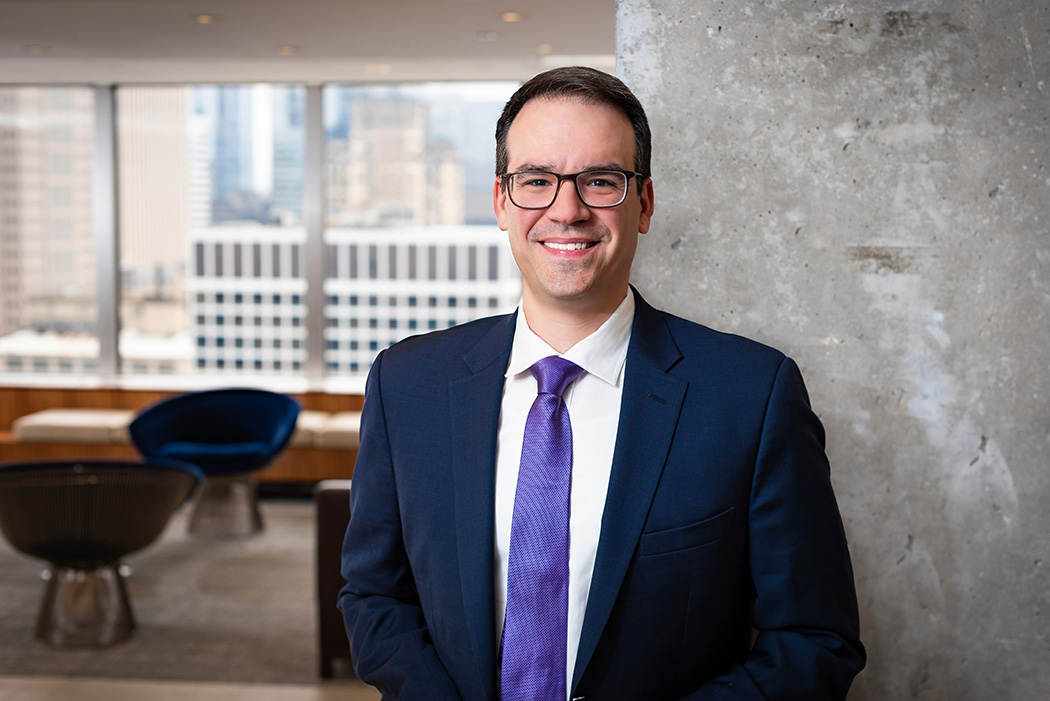Federal Circuit Denies Rehearing En Banc in Arthrex
- March 23, 2020 (snippets Alert)
- Snippets
Practices & Technologies
Biotechnology & Pharmaceuticals Cannabis Chemical Opinions & Counseling Electrical Litigation & Appeals Mechanical & Materials Medical Device & Diagnostics Patent Portfolio Management Patent Prosecution PTAB Post-Grant Proceedings Software & Computing Emerging Companies & Entrepreneurs Networking & Telecommunications Trade Secrets IP Licensing & TransactionsLast fall, the Federal Circuit held in Arthrex, Inc. v. Smith & Nephew, Inc. that the way the U.S. Patent and Trademark Office (“USPTO”) had appointed administrative patent judges (“APJs”) to the Patent Trial and Appeal Board (“PTAB”) violated the Appointments Clause of the Constitution (Art. II, sec. 2, cl. 2). To remedy the violation, the court severed a portion of the America Invents Act (“AIA”) restricting removal of the APJs and vacated and remanded the PTAB’s judgement for a new hearing. In an unusual move, all of the parties—the patent owner, the petitioner, and the USPTO as intervenor—petitioned for rehearing en banc.
Today, the Federal Circuit denied the petitions for rehearing, thus setting the stage for a potential Supreme Court resolution of the constitutionality of the appointment of PTAB judges. The order is available here and had several concurrences and dissents.
Interestingly, the full court split into thirds: four judges—Judges Moore, O’Malley, Reyna, and Chen—concurred in the denial of rehearing, four judges—Judges Dyk, Newman, Wallach, and Hughes—dissented from the denial of rehearing, and four judges—Prost, Lourie, Taranto, and Stoll—expressed no public view. Of these twelve judges that considered the petitions, seven of them needed to vote for rehearing. While the vote total is not public, we can assume that the dissenters were “yes” votes and so rehearing had at least four of the seven required votes.
The grounds for dissent—which were ultimately unsuccessful—included the points that (i) Title 5’s protections for government employees are both important and long-standing and should not be stricken without legislative review, (ii) the USPTO itself could fix the problem by creating an agency review process by designation of a special panel (e.g., of the Director, the Deputy Director, and the Commissioner of Patents), (iii) prospective-only application of the remedy is inappropriate, such that with retroactive application of Arthrex and its remedy the curative severance of the statute remedies the harm, (iv) the panel’s conclusion that PTAB judges are principal officers under the existing statutory structure is open to question, and (v) the Director holds substantial powers over APJs, including the ability “to issue binding policy guidance, institute and reconsider institution [decisions], select APJs to preside over an instituted inter partes review, single-handedly designate or de-designate any final written decision as precedential, and convene a panel of three or more members of his choosing to consider rehearing any Board decision” and the “ability to discipline or remove APJs in a constitutionally significant manner.”
Grantland G. Drutchas, a founder and former managing partner of McDonnell Boehnen Hulbert & Berghoff LLP, has more than 20 years of experience in the practice of intellectual property law, with a particular emphasis on litigation, licensing, and client counseling. drutchas@mbhb.com
James L. Lovsin, a partner with McDonnell Boehnen Hulbert & Berghoff LLP, concentrates his practice on intellectual property matters, including patent litigation and appeals, and patent and trademark procurement and counseling. lovsin@mbhb.com
© 2020 McDonnell Boehnen Hulbert & Berghoff LLP
snippets is a trademark of McDonnell Boehnen Hulbert & Berghoff LLP. All rights reserved. The information contained in this newsletter reflects the understanding and opinions of the author(s) and is provided to you for informational purposes only. It is not intended to and does not represent legal advice. MBHB LLP does not intend to create an attorney–client relationship by providing this information to you. The information in this publication is not a substitute for obtaining legal advice from an attorney licensed in your particular state. snippets may be considered attorney advertising in some states.

